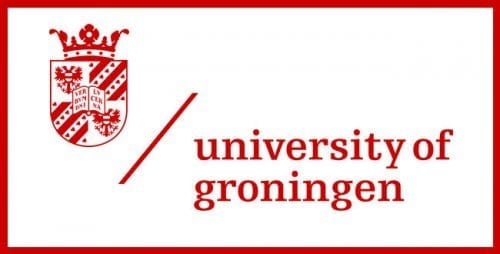
The University of Groningen, located in the city of Groningen, was founded in 1614.
The Latest Bing News on:
University of Groningen Research
- Chemists produce new-to-nature enzyme containing boron
Boronic acid has been used in organic chemistry for decades, even though it is not present in any organism. "It gives rise to different chemical reactions than those we find in nature," explains ...
- Nanomedicines and Biomedical Engineering
Our research team makes the unique bridge between medical ... Santos' Lab is being relocated to University Medical Center Groningen / University of Groningen, The Netherlands, where he is now a Full ...
- New report claims India’s rise on world stage under PM Modi is 'a mirage'
and Dr Ritumbra Manuvie from Groningen University, the Netherlands with Dr Subir Sinha from London’s SOAS as principle adviser, in collaboration with not-for-profit Friends of Democracy, relies on a ...
- Biochemistry news
Light-driven molecular motors were first developed nearly 25 years ago at the University of Groningen ... However, making ... A research team has reviewed the process of gel formation in fermented ...
- As India votes, misinformation surges on social media: 'The whole country is paying the price'
“The platforms are earning money off of this. They are benefiting from it, and the whole country is paying the price,” said Ritumbra Manuvie a law professor at the University of Groningen in the ...
The Latest Bing News on:
University of Groningen Discovery
- Google Unveils A.I. for Predicting Behavior of Human Molecules
The system, AlphaFold3, could accelerate efforts to understand the human body and fight disease. By Cade Metz Reporting from San Francisco Artificial intelligence is giving machines the power to ...
- The Harsh Reality of Becoming Plastic People
Plastic People explores the costs of microplastics. Ziya Tong, Ben Addelman, and Rick Smith discuss a documentary that offers hope for change.
- New discovery of a mechanism that controls cell division
Researchers at Umeå University, Sweden, have discovered that how a special protein complex called the Mediator moves along genes in DNA may have an impact on how cells divide. The discovery may be ...
- Biochemistry news
This Kobe University discovery may lead to a much-needed method ... were first developed nearly 25 years ago at the University of Groningen, the Netherlands. This resulted in a shared Nobel ...
- Discovery of the first fractal molecule in nature
An international team of researchers led by groups from the Max Planck Institute in Marburg and the Philipps University in Marburg has stumbled upon the first regular molecular fractal in nature.








